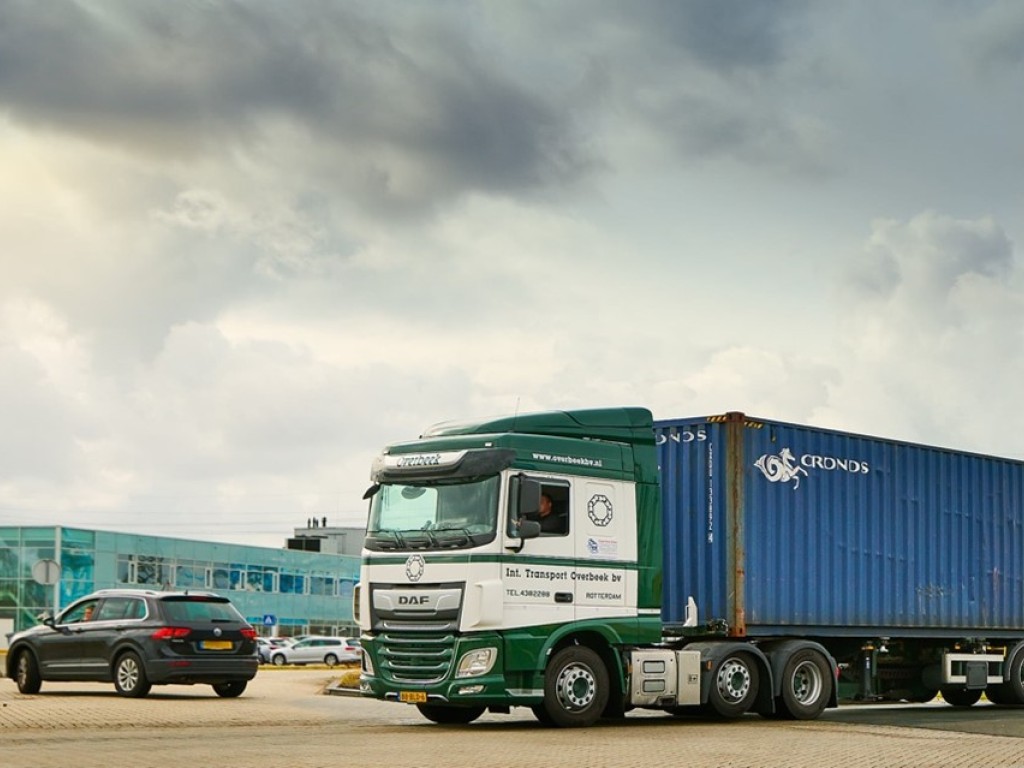CILOLAB2
Project leader:
Dhr. Dr. H.J. Quak
Program manager:
Robert Ossevoort (ossevoort@dinalog.nl)

Motivation and objectives: the main aim of the research is to answer the central question: "how and to what extent can a 'citiport' contribute to making sustainable logistics possible in practice?". This issue arises from a number of concrete and current practical problems in line with the goals of the Topsector Logistics:
- Decarbonisation is going too slowly: technical solutions alone are not enough, logistic patterns have to change.
- In addition to reducing CO2 emissions, improving the quality of life in the city, lack of space, staff shortages and the need to reduce nuisance, also mean that logistics must be organized differently.
- Generic solutions offer too little perspective for action for different specific logistic patterns; tailor-made solutions must be proposed.
- Alternatives to organize logistics differently are difficult to get off the ground because they sometimes seem to offer limited values for existing players in the chain, while costs and (behavioural) change are expected of them.
CILOLAB2, a breeding ground for innovative urban concepts, at CLIC (City Logistics Innovation Campus) offers a unique opportunity for Topsector Logistics (Dinalog) to work together with companies and knowledge institutions at a physical location on sustainable logistics and added value services.
Activities: in order to answer the central question, 5 different work packages have been compiled: - Logistical patterns: in this work package a taxonomy is developed for logistic transport patterns and the emissions and impact on labor of these patterns is determined.
- Testing in practice: the largest part of CILOLAB2 research is practice-oriented research in which
various partners (together with knowledge institutes TNO and AUAS) will develop, test and roll out
innovations based on the design thinking methodology in the physical living lab environment of CLICK. - Innovation scaling up and blueprint: in this work package, research is conducted into the broad effect of citiport and further value proposition for parties in the city. In addition, the lessons learned at CLIC are discussed and how these can promote a further roll-out and scaling up of the citiport concept.
- CLIC innovation ecosystem: in this work package an open innovation community is set up with 1st, 2nd and 3rd layer participants. In active meetings (three times a year) the learning character of the community is facilitated and stimulated.
- Project management: this work package focuses on the management and monitoring of the project by (1) managing substantive ambitions and (2) managing financial-administrative processes.
Expected results: the expected results can be divided into two parts, direct and indirect:
- Direct effects: estimated directly reduced emissions and investments based on developed
projects/prototypes; to be defined in deliverables, knowledge development and dissemination. - Indirect effects: lessons from the experiments of the citiport concept for other logistic patterns.
Innovativeness: CLIC and the citiport concept further developed there differs from most hub concepts because (1) because it is aimed at developing innovative urban logistics concepts with companies, governments and knowledge institutions at a physical test location where entrepreneurship can solve the social challenges surrounding city logistics must be tackled and sustainability in the broad sense is the core of the development and (2) customers from different markets and sectors can jointly further develop their own and joint propositions on the platform where companies, knowledge institutes and governments come together.
Valorisation strategy and implementation strategy: within CILOLAB2, various citiport elements are
tested and (further) developed on CLIC; based on these experiences, it becomes clear which elements can be included in the further development (valorisation) to other (yet to be developed) citiport locations and how. CLIC is the test location for citiport elements.
Partners
C.& H. Euser Transport BV
Bluekens EV
Intospace 18 B.V.
Evofenedex
Gemeente Rotterdam
Compass Group Nederland Holding B.V.
Essent Energy Infrastructure Solutions
TSN Groep
Amsterdam University of Applied Sciences (HvA)
TNO
Gemeente Utrecht
Gemeente Amsterdam
Lekkerland
Euser
IntoSpace
Gemeente Rotterdam
Gemeente Utrecht
Essent Energy Infrastructure Solutions
Lekkerland
TNO
Compass
Gemeente Amsterdam
Bluekens
Facts & Figures
translations.project.date_start:
23 November 2022
translations.project.date_end:
31 October 2026